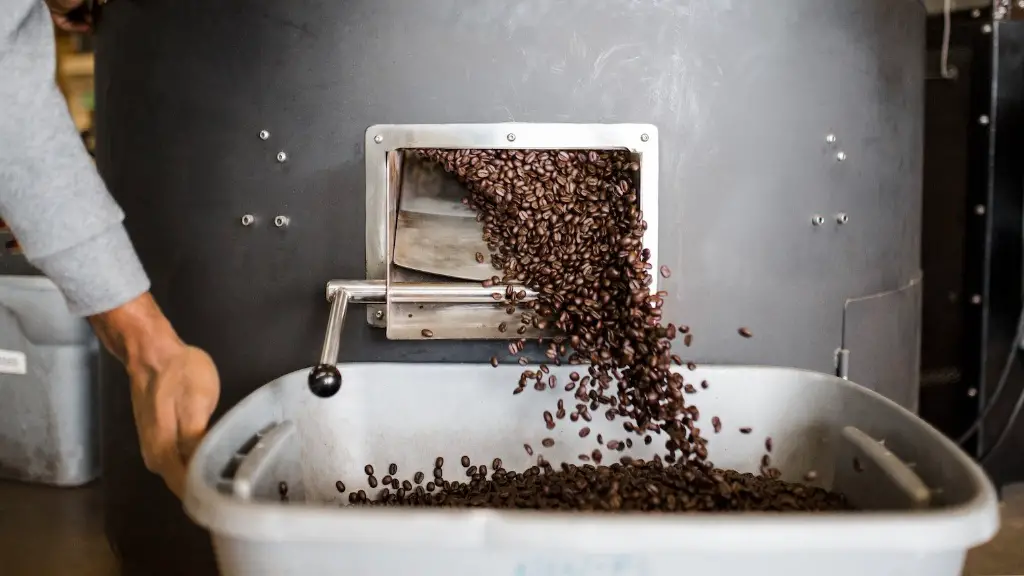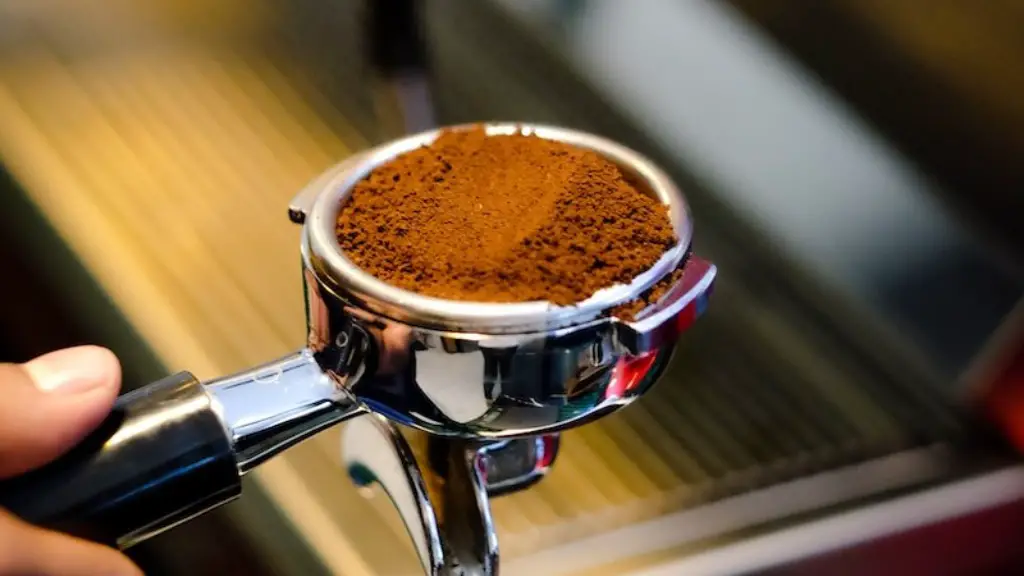Does Drinking Coffee Make You Nauseous?
Coffee has long been an integral part of the daily routine for millions around the globe. But what does it do to your body when you drink it? Could it make you nauseous? It’s a widely shared experience that naturally, has a multitude of explanations.
At a fundamental level, coffee is a stimulant that contains caffeine, a chemical that increases alertness and blocks some of the effects of sleep-inducing hormones like adenosine. When consumed, caffeine can cause symptoms such as increased heart rate, alertness, and energy. It can also produce nausea.
However, the amount of caffeine in coffee can vary greatly due to various factors, like quality of the beans, brewing method and roast. On average, an 8-ounce cup of coffee contains about 95 to 200 milligrams of caffeine. To put that into perspective, an 8-ounce cup of black tea has about 15 to 60 milligrams of caffeine. Consumption of more than 400 milligrams per day is usually recommended as the upper limit for most healthy adults, according to the Mayo Clinic.
Apart from caffeine levels, some of the other components of coffee, like oils and bitter-tasting compounds can also lead to bouts of nausea. Coffee also has a tendency to increase stomach acids, which can cause indigestion and other digestive problems that can lead to nausea.
Nutritionists suggest that to reduce the risk of nausea, those enjoying coffee should avoid drinking on an empty stomach, adding too much sugar and dairy, or drinking beverages that are too hot. Additionally, they recommend limiting caffeinated drinks to two servings a day. Also, pregnant women should limit their caffeinated beverages to two servings per day.
Although coffee can make you nauseous, it is also an excellent source of antioxidants and helpful micronutrients. As such, moderating your intake of it could be beneficial to your overall health.
The Effects of Caffeine on Your Body
Caffeine can have both positive and negative effects on the body. In small doses, it can act as a mild stimulant, increasing alertness and energy. It also has some other and lesser-known effects, such as improving short-term memory and aiding in weight loss. The downside is that, in high doses, it can have undesirable effects. These can include increased heart rate and blood pressure, increased aggressiveness, headaches, and nausea.
Caffeine is primarily metabolized in the liver, where it is broken down into several different compounds. These compounds, among other things, help the body to metabolize fat more quickly, leading to increased energy levels. This means that consuming a cup of coffee can provide an energy boost that is great for getting through a long day. Additionally, caffeine can help to reduce fatigue, even when you’re sleep deprived.
High doses of caffeine can cause other side effects, such as increased heart rate, increased blood pressure, and panic attacks. It is important to be mindful when consuming coffee. Start by slowly introducing your body to caffeinated beverages, and gradually increase the amount over time. Doing so will help to minimize any potential side effects.
Consuming coffee in moderation is the key to avoiding nausea, as too much caffeine can upset the delicate balance of proteins, hormones, and enzymes in the digestive system that lead to nausea.
Other Ways to Avoid Nausea
Apart from regulating your caffeine intake, there are a few other ways to avoid experiencing nausea while drinking coffee. Drinking coffee slowly and not on an empty stomach can help to reduce the chances of it triggering nausea. Additionally, adding a little sugar and dairy to your coffee can help to take the edge off its bitterness and further reduce the chances of it causing nausea.
Having a light snack with your coffee can also help to reduce nausea. Having some toast, crackers, or an energy bar with your coffee can lessen the chance that it will trigger nausea. Theoretically, this should work because the food helps to absorb and counteract the effects of the coffee. Ultimately, it’s all about the levels of caffeine and the individual’s tolerance levels.
Moreover, it’s possible to find coffee blends that are less acidic and less bitter. There are several coffee brands that offer light roast and low-acid coffee. Additionally, opting for decaf coffee can help reduce the amount of caffeine you consume, and consequently, help to reduce the chances of experiencing nausea.
Should You Drink Coffee While On Medication?
It’s always best to check with your doctor or healthcare provider before drinking a cup of coffee, particularly if you are taking any medication. Certain medications can interact with caffeine, resulting in adverse reactions. Some medications, for example, are designed to increase alertness and reduce fatigue, making the effects of caffeine redundant or even dangerous.
Certain medications have also been known to interact with caffeine and increase the risk of side effects. For example, caffeine can aggravate the symptoms of high cholesterol, so it’s better to avoid it if you are under medication. Additionally, caffeine can interfere with the effectiveness of some antibiotics, making it advisable to check with your doctor or pharmacist before consuming coffee.
Moreover, some medications designed to improve focus, such as ADHD medications, can interact with caffeine. Depending on the drug, drinking a cup of coffee can interfere with the body’s ability to absorb the medication, rendering its effects moot. In general, it’s always best to speak to your doctor or healthcare provider before consuming any caffeinated beverages while on medication.
Nutritionists’ Take on Coffee Consumption
Nutritionists suggest that to maximize the benefits of coffee and reduce the risks, the most important thing is to be mindful of your consumption. The idea is to keep caffeine intake low, around 200 milligrams per day, to reduce the risk of experiencing any of the side effects, such as nausea.
Achieving this also means being mindful of how you consume coffee and other caffeinated beverages. Drinking multiple cups of coffee in a single sitting, drinking on an empty stomach, or adding too much sugar can all increase the risk of experiencing side effects like nausea. If you are looking to benefit from the energy boost without any adverse reactions, avoid doing this.
Moreover, it is important to be mindful of what goes into your cup of coffee. Adding too much sugar, dairy, or other flavourings can further increase your risk of experiencing negative side effects. All of these ingredients add to the total caffeine intake, as well as affecting the levels of oils and other compounds. This can lead to nausea in some people.
Drinking Coffee Responsibly
Ultimately, you should be mindful of your caffeine intake. Doing so is key to drinking coffee safely and with minimal side effects. Moderating your coffee intake can be key to reducing the risk of experiencing any adverse reactions, such as nausea.
Start by slowly introducing yourself to coffee and gradually increase your intake over time. Doing so can help you to keep track of your body’s reaction and how it reacts to the different types of coffee available on the market. Additionally, being mindful of what goes into your coffee can help to minimize any potential side effects.
It is also important to note that the effects of coffee and caffeine are different for everyone. Pay attention to how your body reacts to the caffeine and be mindful of your intake. If you find yourself experiencing any side effects such as nausea, take a break, drink plenty of water, and if symptoms persist, be sure to seek medical help.





